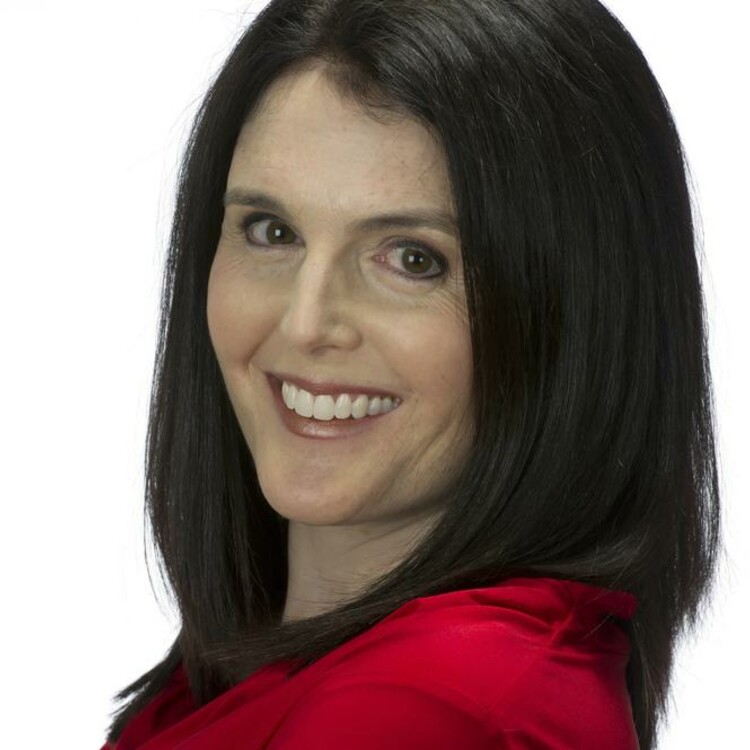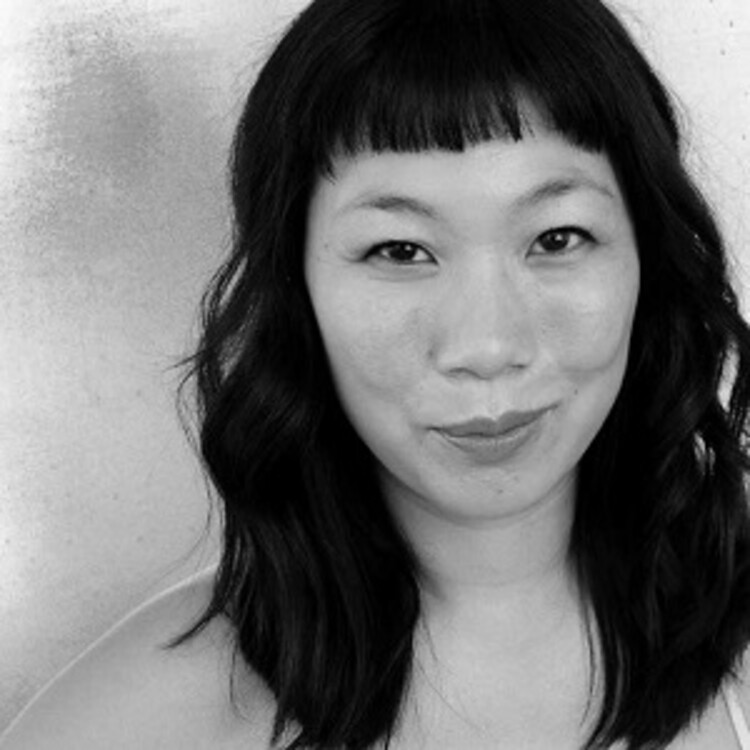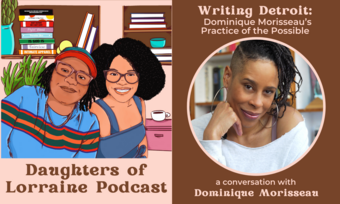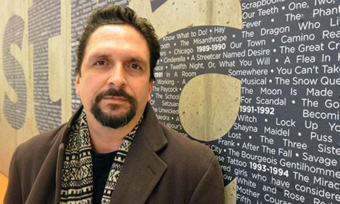Interview with Kristina Wong
Anne García-Romero: Who were your teachers/mentors?
Kristina Wong: My best playwriting teacher has been trial by fire. Learning by doing has taught me everything. Most of my work is created on my feet through conversations with collaborators, laundry lists, and improvisations. When I graduated from UCLA with degrees in English and World Arts and Cultures, I was flat broke, cut off from financial support from my family, and filled with dreams of becoming a performance artist (yes, really). I took free grant subsidized workshops with Denise Uyehara, Danielle Brazell, Leilani Chan, and Guillermo Gomez-Peña. I also got writing mentorship from an Emerging Voices Fellowship in Fiction from PEN USA. I did take one playwriting class at UCLA from Gary Gardner and creative writing classes in short fiction from Greg Sarris and David Wong Louie. I also took a course called “The Invisible World” from Peter Sellers where we paired off each week and made multi-genre performances.
Anne: Can you share a brief story about learning from a teacher of yours and/or some words of wisdom that your teacher imparted to you?
Kristina: David Wong Louie talked about not being afraid to kill off your “precious little babies”—those sections of a draft that while we are attached to, ultimately need to be cut. Editing is painful, but it’s more deadly to be unwilling to let go of an idea that makes a whole piece lopsided.
Alice Tuan: In what venues, forums, and contexts have you taught playwriting?
Kristina: For three years, I received an Artist-in-Residence Grant from the Los Angeles Department of Cultural Affairs to do a writing and performance workshop with women of color. To build my own skills, I used the grant to hire guest teachers I wanted to learn from like Alice Tuan, Paul Zaloom, Velina Hasu Houston, and Sandra Tsing Loh.
The fourth time I received that grant, I challenged myself to create a tri-lingual theater workshop for members of the Bus Riders Union in Korean, Spanish and English. The workshop explored making theater on environmental justice issues. I like working with “salt of the earth people” not formally trained in theater because I find them more compelling than professional actors. Because my own work is generated in my body before being recorded onto the page, I teach a similar style of writing for performance where my students find an honest and guided space to improvise.
Alice: What are we training playwrights to do and who are we training playwrights to be?
Kristina: In a world where I can communicate to hundreds of people in one day without opening my mouth—what is the future of stage dialogue? I hope that long form live theater will return us to the richness of human stories that get lost in the tweets.
Alice: Some of our students choose not to continue on to professional playwriting careers. What might be other professions that utilize playwriting skills and what might be some examples?
Kristina: Playwrights have natural marketing skills. My craft as a writer has been used more to hone the public persona that markets my stage work, rather than used in my actual work.
Reality shows like Celebrity Apprentice conflate theater and business. Every episode challenge has celebrity teams creating marketing presentations (in the form of a party, a commercial, or event) for big corporate clients. They are judged on their brand messaging, creativity, and overall experience. If that isn’t corporate playwriting, then I don’t know what is.
Anne: What are the deeper benefits of exploring drama writing and its forms and how do they help us understand, articulate, unpack a more and more complex, technological world?
Kristina: I read in Poor Economics by Abhijit Vinayak Banerjee and Esther Duflo how people are more compelled to donate to a third world aid campaign when they are presented with the narrative of how one person’s life will be changed by a donation. People are less likely to give if overwhelmed by staggering poverty statistics. I think this points to how humans ultimately are moved by the stories of other humans, not statistics.
Drama writing takes us back to those four basic conflicts: Human vs. Human, Human vs. Self, Human vs. Nature, and Human vs. God. A play is a moment to illuminate the macro in a focused reflection of a few characters inside a micro incident.
People are less likely to give if overwhelmed by staggering poverty statistics. I think this points to how humans ultimately are moved by the stories of other humans, not statistics.
Alice: Can scripting transculturation and the performance of it deepen our democratic promise?
Kristina: Yes! The theater I love doesn’t replicate television, is bawdy and crass with purpose, calls out every elephant in the room, is queer, is ugly, is low tech, doesn’t care about corporate sponsorship, and takes me to places that a camera can’t quite capture. This is the theater I love because it illuminates the nutsy reality that we live in, and broadens the way the world is reflected back to me.
Anne: Can you share one writing exercise or classroom approach that is fundamental for you in establishing a space for your students to create new works for the theater?
Kristina: A commercial is a very simple way to find conflict, character and resolution. In my theater project with the Bus Riders Union, we broke into groups and created a commercial for a fictional gadget. The performers identified a problem that needs to be fixed (i.e. dirty drinking water), the emotions that the problem caused (commercial testimonials), introduced the gadget (or deus ex machina), and then they demonstrated the machine and how it changed the lives of the characters.












Comments
The article is just the start of the conversation—we want to know what you think about this subject, too! HowlRound is a space for knowledge-sharing, and we welcome spirited, thoughtful, and on-topic dialogue. Find our full comments policy here